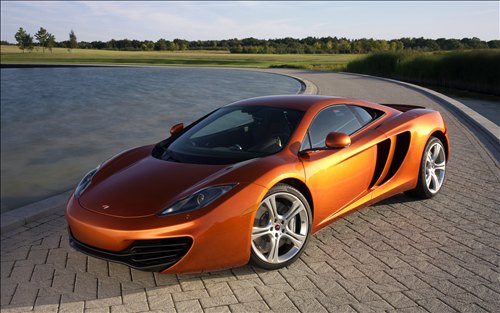
This post follows directly from Dr. LIC's consideration of myth in the NBA, so read that first if you expect to be on my level. Other suggested reading: Pasha Malla on "Where Amazing Happens" during last year's playoffs.
A few weeks ago, I fired off an ill-advised email pitch to an editor, proposing a comparison of divinity in the NBA vs. other sports. The gist: In other leagues, God reveals himself in the form of miracles, an external agent that, no matter what the skill level of the players involved, must intervene in order for The Immaculate Reception, The Catch, The Motor City Miracle, The Shot Heard 'Round the World, or Bill Buckner's Folly, to occur. The NBA, on the other hand, attaches this hand of heaven to players. The Shot is amazing, but there's no question that Jordan and Jordan alone made it happen. That's why we fear him so. Similarly, nicknames like "Black Jesus," "The Chosen One," "Magic", "The Answer," and "The Dream" imply the otherworldly, if not the supernatural. They are the agents, they make "amazing" happen.
How to reconcile this, then, with the writings of Dr. LIC and Pasha? I agree that, as conventionally understood, myth just doesn't adhere to the NBA in the same way as it does football, baseball, or even college hoops, and that forcing that modality onto the Association just feels wrong. What we see, and how we remember it, is always dense, less distant, and despite the prevalence of the highlight, harder to boil down or distill. The highlight may be susceptible to this treatment, but it's worth noting that compared to still photography, the highlight is more clamorously here-and-now—the way, I think, NBA action and memory is best understood. It's not so much about marketing as it is the proper cognitive framework. In the same way that watching a game depends on uninterrupted attention, THE MOMENT can only be abstracted so much.
Unless, of course, we're talking about Jordan. MJ asked in one fairly recent ad if he wrecked the NBA. Certainly, in terms of introducing both myth and split-second history into the fan lexicon, he did. Never mind that Jordan's own myth falls apart if you whitewash his early years with Chicago—he was a menace, not just a young buck paying his dues—and disregard what was being said about Jordan by people who had seen him outside of Dean Smith's system. Or that, as Pasha points out, the highlights that define Jordan's career have been transformed through sheer force of marketing. The Jumpman, iconic as it is, doesn't really capture that dunk. It's just the most convenient way to communicate it as product. The same goes for Jordan-over-Ehlo, or Russell. Bird and Magic might have made the league palletable again, but they existed very much in basketball-time. It took Jordan to really put things over the top, due in large part to Nike's turning him into a myth, and walking bit of history, a la baseball or football.

That's why the NBA wrestles with the problem of mythology—its greatest player ever distorted the sport's true meaning in a clever commercial ploy designed to compete with the NFL and MLB. Fans like myths. But they're not a natural fit for basketball. Jordan fooled us, and it's unfortunate that, to paraphrase Dr. LIC, Kobe and Bron have left to contend with his example. Chasing his example on the court is no problem—it's the distortion of everything else involved in stardom, wrought by Jordan that's left them flummoxed. And, I'd say, made the NBA seem so less impressive in his wake. It's because MJ changed the way we consumed the league, what we expected of subsequent players. Of course, we forgot that Jordan was a process, even his construction as a corporate entity. We were at once too smart and too stupid to appreciate the NBA on its own terms.
This season, I'm not feeling the same prophetic fury I usually do. Bron is Bron, higher than all; Durant will astound us; Kobe's intelligence and discipline can shatter you just to watch. Wade is spectacular, Chris Paul's a walking clinic where the sweets never stop flowing. But I'm not in full-on manifesto mode. I would ordinarily chalk that up to being overworked, or otherwise burdened. But instead, I've realized that I'm finally coming to see the NBA clearly.
And herein lies the answer to the riddle of divinity. What marks the earlier examples of NBA otherworldiness isn't immanence, but action. I'd go so far as to make that "acts." Players who earn these appelations don't rest on their laurels, they define themselves time and time again through simply unfathomable play. We don't watch superstars with eye toward the past or future, but to see them fully realize the present. Vince Carter's "Half-Man, Half-Amazing" gets at the root of it: These are mere mortals who defy these limitations on a regular basis. Not myths expected to fulfill expectations, or symbols lining up to enter history. The NBA is where, above all else, the experience of watching it unfold in real time, only to be eclipsed minutes later, is the essence of stardom. Casual, disposable, and yet utterly indelible.
We are all witnesses, but that doesn't mean we're not greedy for more.
















No comments:
Post a Comment